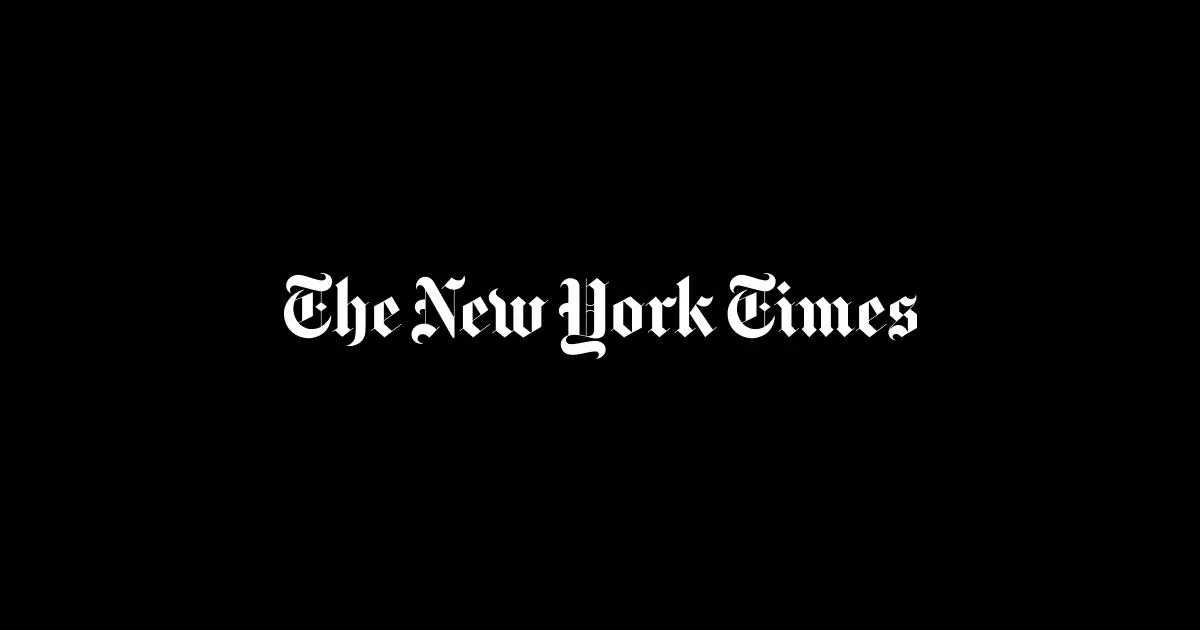
A federal grand jury in Virginia has officially indicted James B. Comey, the former director of the FBI, marking a significant moment in the ongoing political drama surrounding President Trump. This indictment appears to be a culmination of Trump's persistent efforts to seek retribution against those who investigated his 2016 presidential campaign for potential ties to Russia. Sources familiar with the decision indicate that the grand jury indicted Mr. Comey on one count of making a false statement and another count of obstruction on a Thursday, although the specific details of the charges remain sealed.
The indictment comes as President Trump has intensified his pressure on the Justice Department, publicly calling for the prosecution of Comey and Letitia James, the New York attorney general. James has been involved in a lawsuit against Trump, alleging that he inflated the value of his assets while out of office. In a social media post, Pam Bondi, the attorney general, hinted at the indictment without mentioning Comey directly, stating, “No one is above the law. Today’s indictment reflects this Department of Justice’s commitment to holding those who abuse positions of power accountable for misleading the American people. We will follow the facts in this case.”
Many current and former officials within the Justice Department have expressed deep concerns regarding the indictment of Mr. Comey, describing the evidence against him as weak. They argue that the implications of these charges could be significant, potentially leading to resignations among prosecutors who are troubled by how the Trump administration has sought to manipulate the agency for political gains. Furthermore, there are worries that public trust in U.S. attorneys may erode as a result of this politically charged environment.
Last week, President Trump demonstrated his impatience with the lack of charges against Comey and other critics by dismissing Erik S. Siebert, the U.S. attorney overseeing the investigations in the Eastern District of Virginia. In a move that raises eyebrows, Trump appointed Lindsey Halligan, a White House aide and one of his former defense attorneys, to take Siebert's place.
The investigation into Comey has primarily centered on whether he misled lawmakers during his testimony in September 2020 regarding the Russia investigation. However, with the statute of limitations on that testimony set to expire next week, time is running out for any related charges to be filed. President Trump has long sought to leverage the criminal justice system against individuals who have scrutinized him or his administration.
Unlike during his first term, Trump has filled high-ranking positions within the Justice Department with staunch loyalists who have been actively pursuing criminal investigations into Comey, former CIA director John O. Brennan, and others. In Trump's narrative, these individuals are portrayed as having conspired against him, further fueling the contentious political atmosphere.